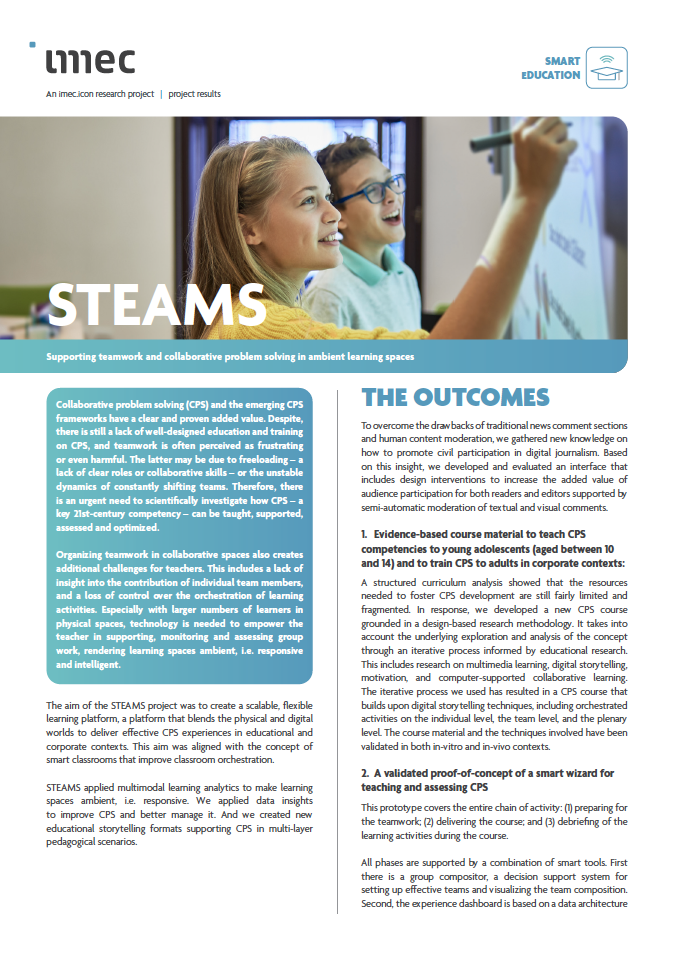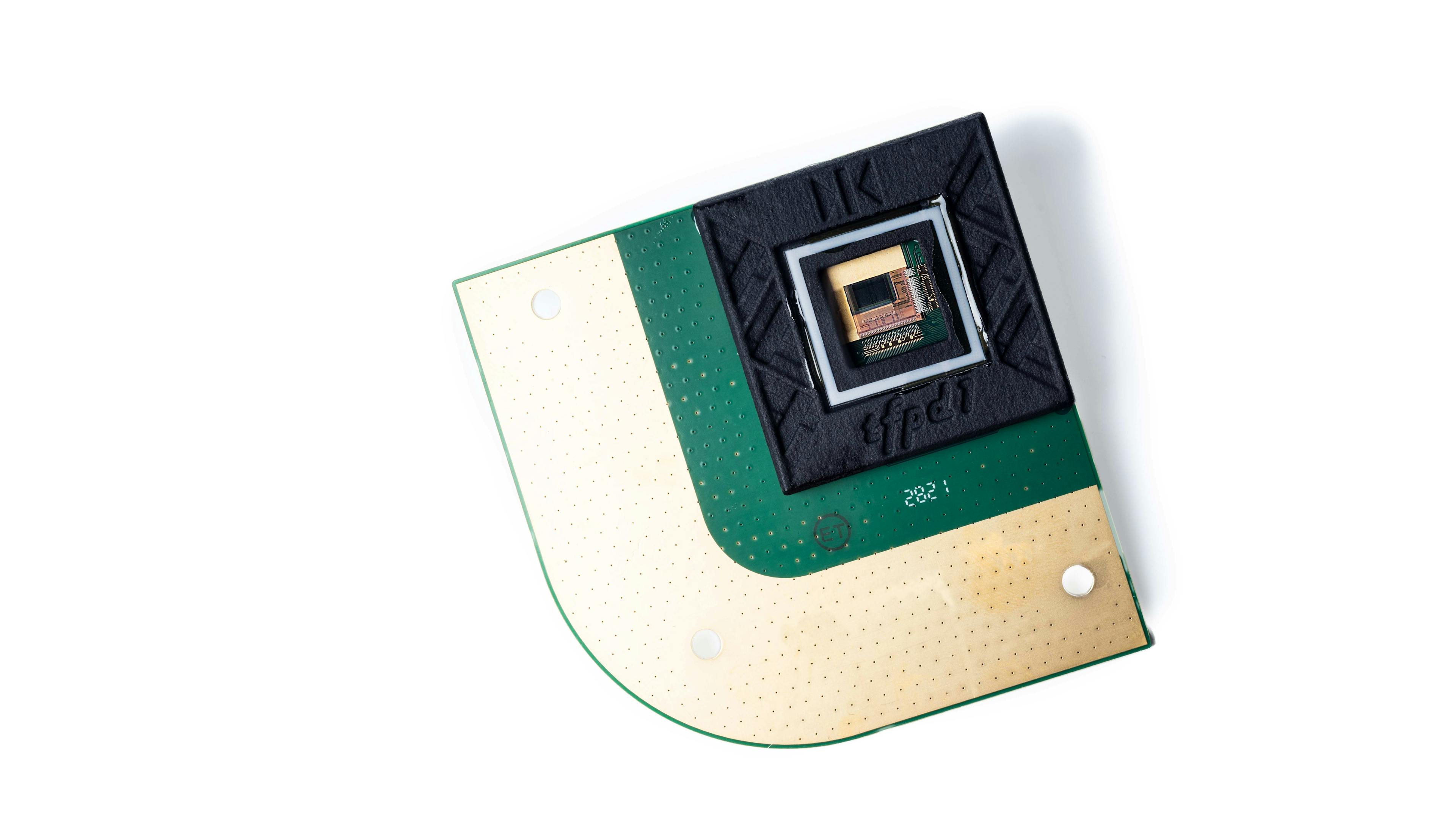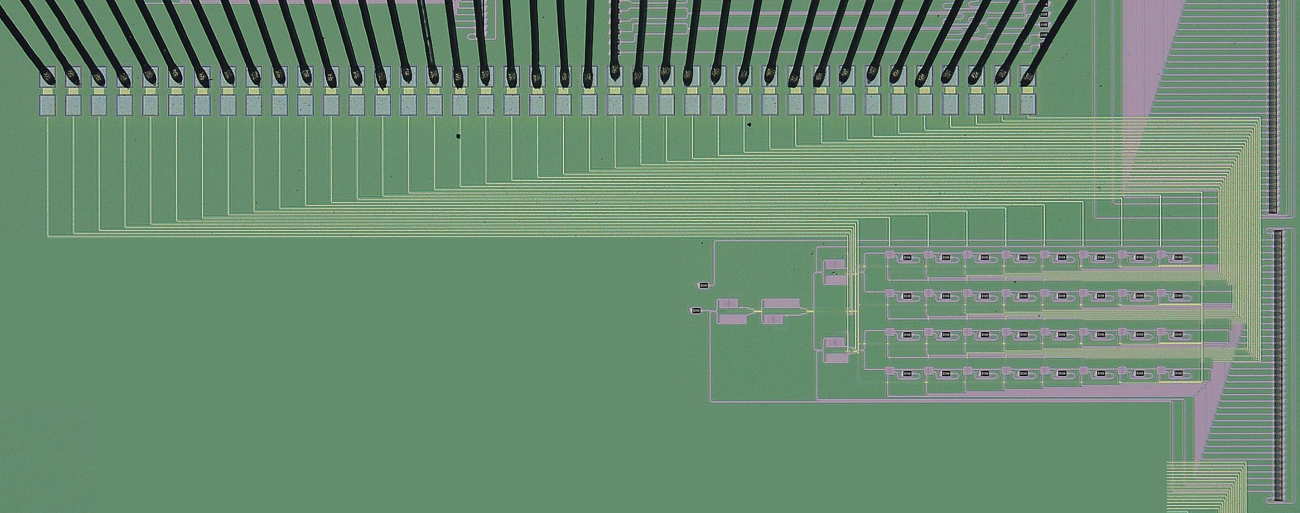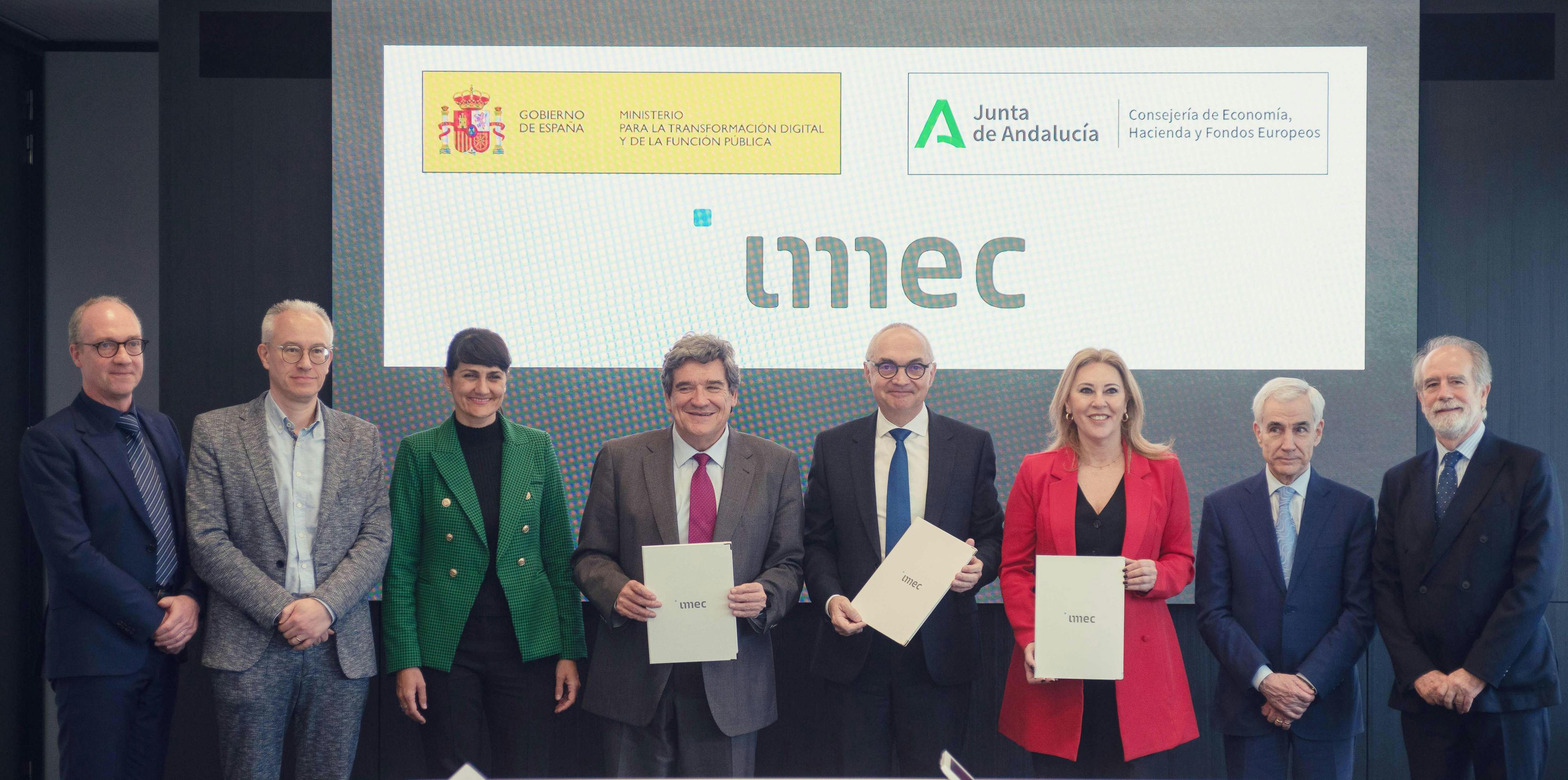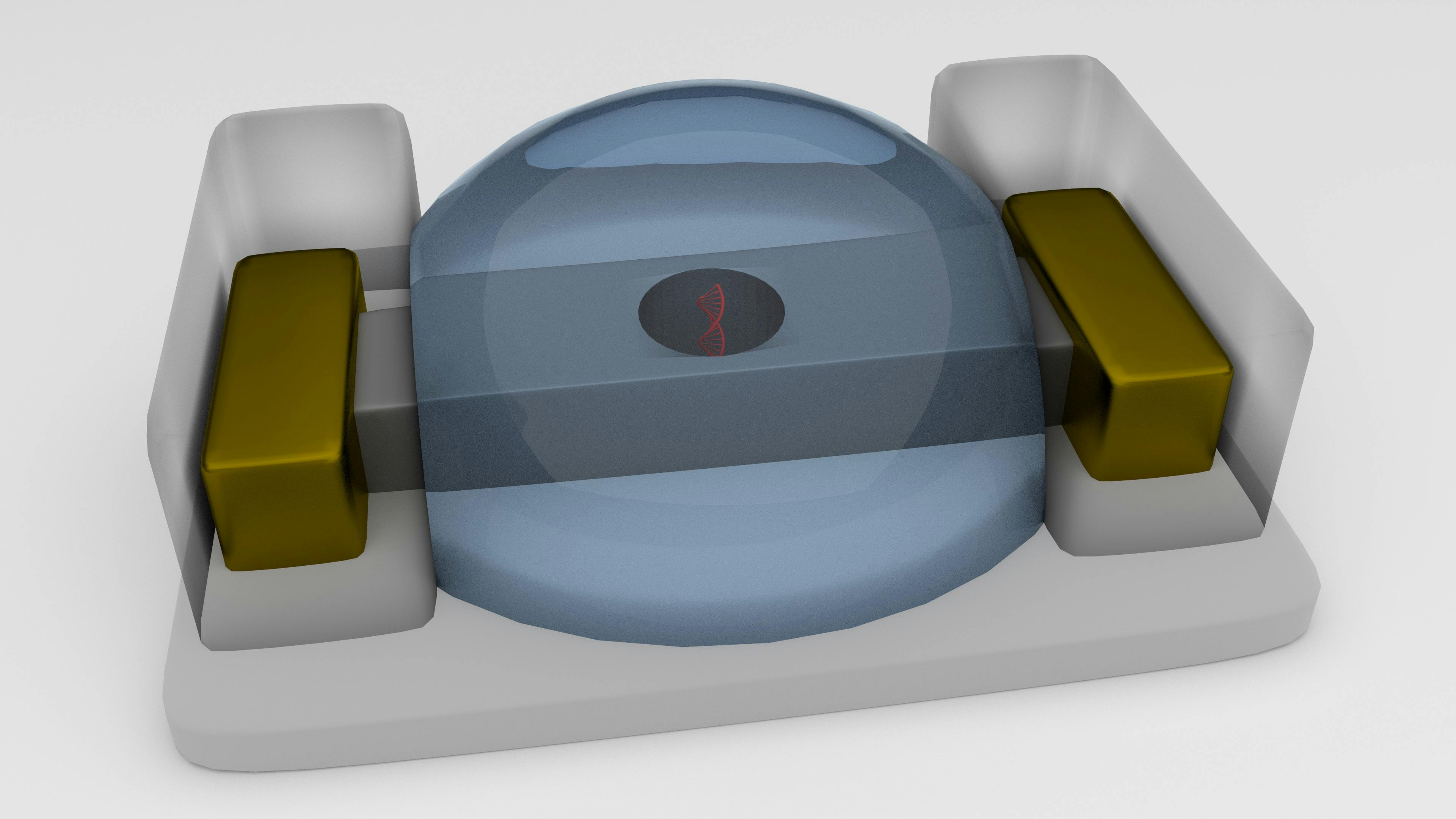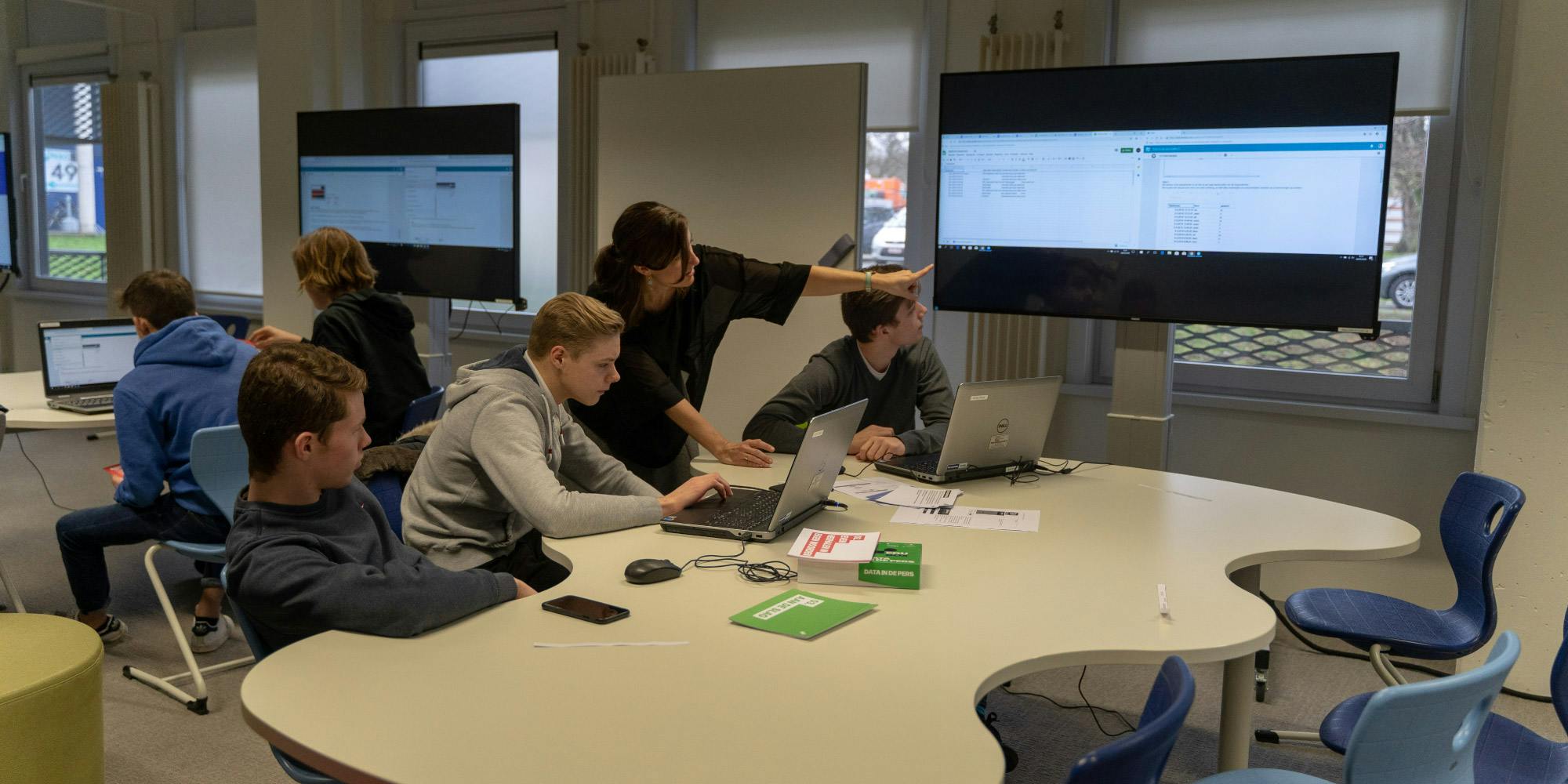
Collaborative problem solving (CPS) and the emerging CPS frameworks have a clear and proven added value. Despite, there is still a lack of well-designed education and training on CPS, and teamwork is often perceived as frustrating or even harmful. The latter may be due to freeloading – a lack of clear roles or collaborative skills – or the unstable dynamics of constantly shifting teams. Therefore, there is an urgent need to scientifically investigate how CPS – a key 21st-century competency – can be taught, supported, assessed and optimized.
Organizing teamwork in collaborative spaces also creates additional challenges for teachers. This includes a lack of insight into the contribution of individual team members, and a loss of control over the orchestration of learning activities. Especially with larger numbers of learners in physical spaces, technology is needed to empower the teacher in supporting, monitoring and assessing group work, rendering learning spaces ambient, i.e. responsive and intelligent.
The aim of the STEAMS project was to create a scalable, flexible learning platform, a platform that blends the physical and digital worlds to deliver effective CPS experiences in educational and corporate contexts. This aim was aligned with the concept of smart classrooms that improve classroom orchestration.
STEAMS applied multimodal learning analytics to make learning spaces ambient, i.e. responsive. We applied data insights to improve CPS and better manage it. And we created new educational storytelling formats supporting CPS in multi-layer pedagogical scenarios.
The outcomes
To overcome the drawbacks of traditional news comment sections and human content moderation, we gathered new knowledge on how to promote civil participation in digital journalism. Based on this insight, we developed and evaluated an interface that includes design interventions to increase the added value of audience participation for both readers and editors supported by semi-automatic moderation of textual and visual comments.
1. Evidence-based course material to teach CPS competencies to young adolescents (aged between 10 and 14) and to train CPS to adults in corporate contexts:
A structured curriculum analysis showed that the resources needed to foster CPS development are still fairly limited and fragmented. In response, we developed a new CPS course grounded in a design-based research methodology. It takes into account the underlying exploration and analysis of the concept through an iterative process informed by educational research. This includes research on multimedia learning, digital storytelling, motivation, and computer-supported collaborative learning. The iterative process we used has resulted in a CPS course that builds upon digital storytelling techniques, including orchestrated activities on the individual level, the team level, and the plenary level. The course material and the techniques involved have been validated in both in-vitro and in-vivo contexts.
2. A validated proof-of-concept of a smart wizard for teaching and assessing CPS
This prototype covers the entire chain of activity: (1) preparing for the teamwork; (2) delivering the course; and (3) debriefing of the learning activities during the course.
All phases are supported by a combination of smart tools. First there is a group compositor, a decision support system for setting up effective teams and visualizing the team composition. Second, the experience dashboard is based on a data architecture that makes CPS processes visible for feedback and analysis by instructors and team members. Third, the virtual moderator empowers the teachers as it motivates learners in their learning activity and guides them through the storyline.
3. The creation of multi-layer, multi-role storytelling
A story is often linear and has only one recipient. However, in a CPS context, multiple roles need to be identified. And in order to encourage the interaction and collaboration between team members, they must be given different information from time to time. To realize this, we applied a game design including the CPS requirements. This fosters activities both on individual devices, for individual learners, and on a shared device, for the group.
Video
STEAMS
Supporting teamwork and collaborative problem solving in ambient learning spaces.
STEAMS is an imec.icon research project funded by imec and Agentschap innoveren & ondernemen.
It started on 01.10.2020 and is set to run until 30.09.2022.
Project information
Industry
- VRT
- Hudson Belgium
- FTRPRF
- Uitgeverij Averbode
Research
- imec - ITEC - KU Leuven
- KU Leuven – HCI
Contact
- Project lead: Luk Overmeire
- Research lead: Annelies Raes
- Proposal Manager: Frederik Cornillie
- Innovation manager: Annelies Vandamme

